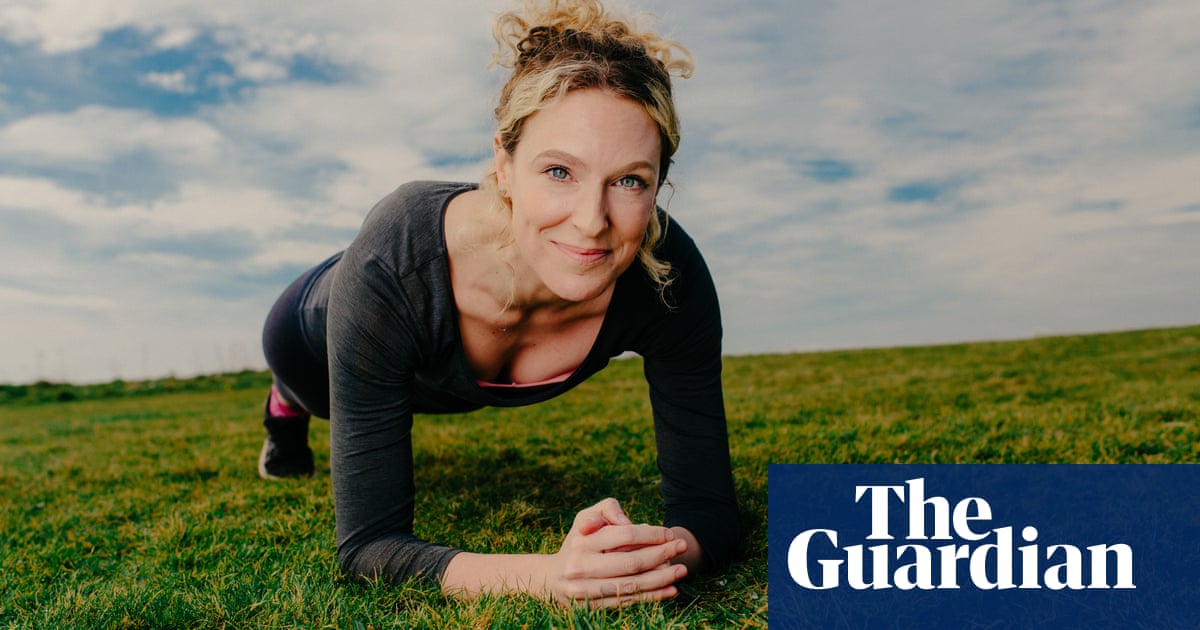For years, I loved smoking, slurping large glasses of wine and gobbling wings from overlit chicken shops. I tried to be healthy: I would make overnight oats; get only the small mixed sushi from Wasabi; and drink prosecco because someone said it was keto-friendly. I even did Veganuary back when it was such a gruelling feat of strength to be vegan for a month that people would sponsor you in horror and amazement.
I felt I had more in common with a pair of old socks than with gym-goers. Terms like “reps”, “leg days” and “core strength” made me cringe, mainly because they were the secret language of an exclusive club to which I wasn’t invited.
Yet I still believed I could magic up the motivation to work out profusely and daily. I signed up toFitnessFirst because it was opposite my flat, so I knew I would definitely go. (I went twice in a year.)
Then I realised the problem: I had set the bar sky high. Just like any fad diet, the plan was always doomed to fail. One day, I wondered if I could stick to doing a 40-second plank, every day for a week. Just to see. Forty seconds was all I could manage at the time, and a week seemed doable.
Five years later, I can now do a two-and-a-half-minute plank and various other strength exercises. I still do it all religiously every day and the domino effect it has had has changed my life.
About a year in, I began to encounter a tantalisingly unfamiliar feeling: physical strength. I noticed I was standing differently, taller perhaps, my core naturally taut. There were even the beginnings of – dare I say it – abs. Am I someone that has abs, I wondered?
The feeling was exhilarating. I had spent years body-shaming myself: as a teenager, I existed on a diet of pasta and worshipped Kate Moss, so I always believed I was overweight because I wasn’t a waif. Now, suddenly, I was accepting my body, even liking it. But my body hadn’t changed size – I just felt stronger physically and, consequently, mentally.
This newfound confidence led me back to my childhood sport: competitive swimming. I am better at swimming now because my core is stronger and my core gets stronger the more I swim. A coach recently referred to me as “an athlete” and I laughed (before spending the rest of the day smirking and in my head trying out the word “athlete” next to my name).
Sign up toWell Actually
Practical advice, expert insights and answers to your questions about how to live a good life
after newsletter promotion
Because of the regular swimming, I’ve lost weight, I’m inspired to eat more healthily, I’ve quit smoking and my mental health is the best it has ever been. Sometimes, I even crave vegetables.
I haven’t become totally insufferable (yet) – I still drink wine and gobble fried chicken – but my life is different, and I can trace it all back to one, wobbly, 40-second plank on a rainy Monday evening. I’ll have to plank for ever now for fear of losing my streak.
Do you have an opinion on the issues raised in this article? If you would like to submit a response of up to 300 words by email to be considered for publication in ourletterssection, pleaseclick here.
